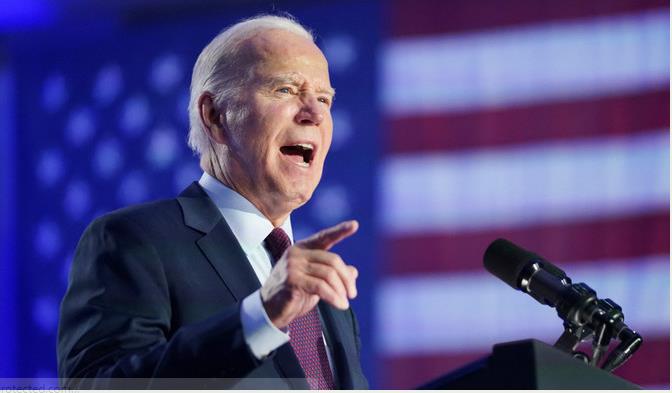
WASHINGTON — The Democrat-led House of Representatives has voted to override US President Donald Trump"s veto of an annual defense bill, which initially passed both the House and the Senate with veto-proof majorities.
With a 322-87 vote on Monday, the House easily passed the threshold of a two-thirds majority to override the President"s veto of the $741 billion National Defense Authorization Act (NDAA) of Fiscal Year 2021.
The Senate, which is expected to vote on the override this week, also needs to approve it by a two-thirds majority. The vote marked the first time during Trump"s presidency that lawmakers rebuked the President"s veto.
On Dec. 23, Trump followed through on his threat to veto the annual policy legislation. The veto is so rare in history that it hadn"t happened to the NDAA for nearly six consecutive decades.
Ahead of the vote, Texas Republican Representative Mac Thornberry, who is also the ranking member of the House Armed Services Committee, urged his colleagues to vote for "the exact same bill" and "put the best interests of the country first".
House Armed Services Committee Chairman Adam Smith, a Democrat from Washington, said, "It is enormously important that we pass this bill".
If the bill cannot be enacted before Jan. 3, 2021, when the new Congress starts, lawmakers will have to start from scratch.
Trump objected the bill, which will fund the US military portfolio through September 2021, because it did not include a provision to repeal or "make any meaningful changes" to Section 230 of the Communications Decency Act, a law that provides a legal shield to social media giants like Twitter and Facebook, which the president claimed used that section of the law to suppress conservative voices.
Trump"s refusal to sign the bill into law also derived from the inclusion of a provision that requires Confederate military bases to be renamed within three years.
Trump rejected the defense bill last week, saying it failed to limit social media companies he claims were biased against him during his failed re-election campaign. The defense bill affirms 3% pay raises for US troops and authorizes more than $740bn in military programs and construction.
The president, in his statement notifying Congress of his decision, had said that the bill "restricts the president"s ability to preserve our Nation"s security by arbitrarily limiting the amount of military construction funds that can be used to respond to a national emergency", and that "numerous provisions of the Act directly contradict my administration"s foreign policy, particularly my efforts to bring our troops home".
House Speaker Nancy Pelosi said after the vote that the House had done its part to ensure the NDAA becomes law “despite the president’s dangerous sabotage efforts.”
Trump"s “reckless veto would have denied our service members hazard-duty pay,” removed key protections for global peace and security and “undermined our nation’s values and work to combat racism, by blocking overwhelmingly bipartisan action to rename military bases,” Pelosi said.
Senator Jim Inhofe, chairman of the Senate Armed Services Committee, called the bill “absolutely vital to our national security and our troops,” adding: “Our men and women who volunteer to wear the uniform shouldn’t be denied what they need — ever.”
Trump has succeeded throughout his four-year term in enforcing party discipline in Congress, with few Republicans willing to publicly oppose him. The bipartisan vote on the widely popular defense bill showed the limits of Trump"s influence in the final weeks before he leaves office, and came minutes after 130 House Republicans voted against a Trump-supported plan to increase COVID-19 relief checks to $2,000. The House approved the larger payments, but the plan faces an uncertain future in the Republican-controlled Senate, another sign of Trump"s fading hold over Congress.
The veto override was supported by 212 Democrats, 109 Republicans and an independent. Twenty Democrats opposed the override, along with 66 Republicans and an independent.
The Senate approved the bill 84-13 earlier this month, well above the margin needed to override a presidential veto. Trump has vetoed eight other bills, but those were all sustained because supporters did not gain the two-thirds vote needed in each chamber for the bills to become law without Trump’s signature. — Agencies










